| The history of the Almohads, as reconstructed in the scholarship from Muslim, Christian and Jewish chronicles, presents a case in which the status the dhimmīs (Jews and Christians) acquired had been abrogated in the era of the Almohad Caliph ʿAbd al-Muʾmin (r.1133-1163). In recent studies, specific aspects of this narrative have been challenged: the prosecution of the dhimmīs came to be understood as part of a larger scale mission the Almohad used to shape their legitimacy; the systematic prosecution of dhimmīs, which is said to have come as a shift from previous stability and prosperity, was shown to be sporadic; and unrest, lastly, was detected where stability and harmony have been assumed and imagined. The present study contributes to these debates in two major ways: first, by examining the politics of interpreting the primary sources, which will be shown to have, at times, contributed to grave misreading; and second, through recognizingthe significance of the foundational doctrine of the Almohads, and the ideological bend of the prosecutions. A new evaluation for the events that have been interpreted as narratives of consistent prosecutions, then re-examined as displaying more nuanced landscape of sporadic tensions, will be attempted, primarily by introducingIbn Tumart’s treatise ‘A’azz Mā Yuṭlab, as a work of primal significance to understanding the political decision of the Almohads, within a local and empirical configuration, vis-à-vis their subjects, including the dhimmīs. That the prosecution was not exclusive to the dhimmīs nor did it follow a political, cohesive, or consistent plan, should not, the present study would argue, exclude the examination and recognition of the role the Tumartian doctrine played, directly or through conceptions and practices adopted by the founder's disciples and successors. |
|
Faculdade de Letras da Universidade de Lisboa, Sala de Seminários do CH-ULisboa, 16 de Junho, 16:00 Org. Centro de História da Universidade de Lisboa Comments are closed.
|
Candidaturas abertasPrograma Interuniversitário de Doutoramento em História: mudança e continuidade num mundo global (PIUDHist) 2023-2024
Bolsa de Doutoramento Pedro Almeida Ferreira - Santa Casa da Misericórdia de Lisboa Chamadas / CallsCiclo de Seminários
2023-2024 Caminhos da Historiografia: História e Ciências Sociais dos anos 40 à atualidade Prazos: 25 de Abril e 31 de Julho ExposiçõesCiclos CH-ULisboaNewsletter CH-ULisboaSubscreva a nossa newsletter
Filtros
|

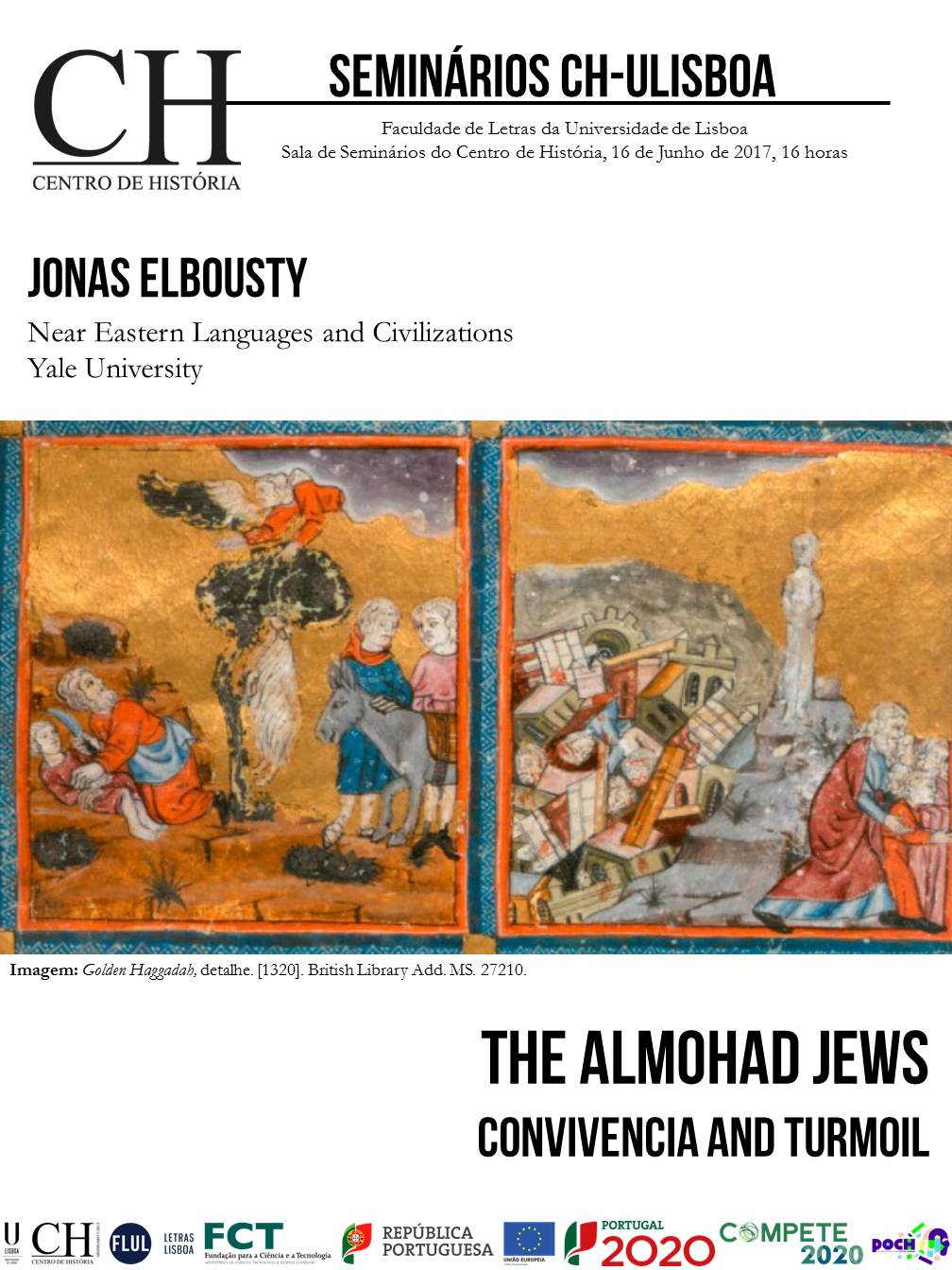



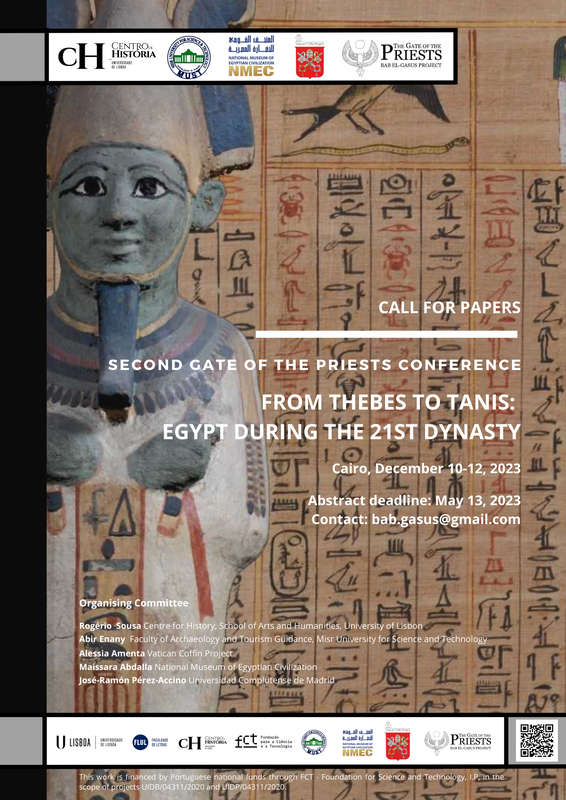
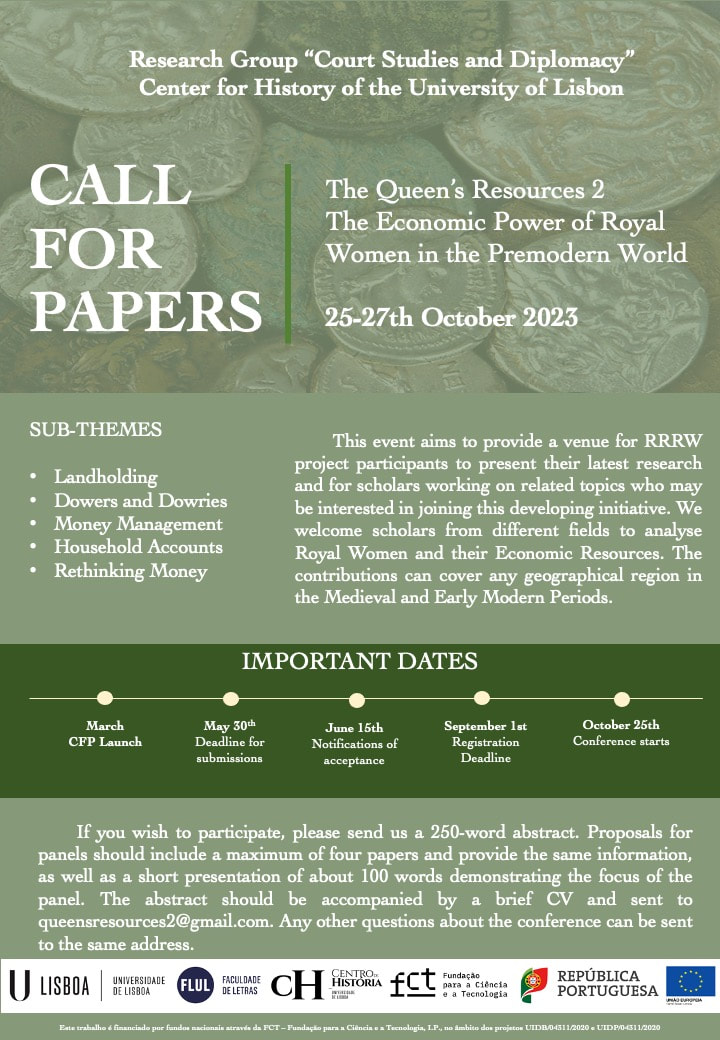
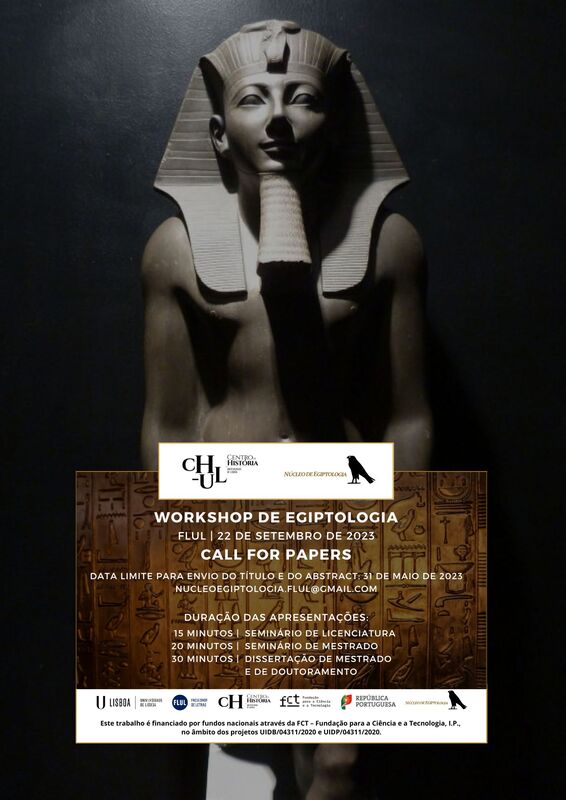
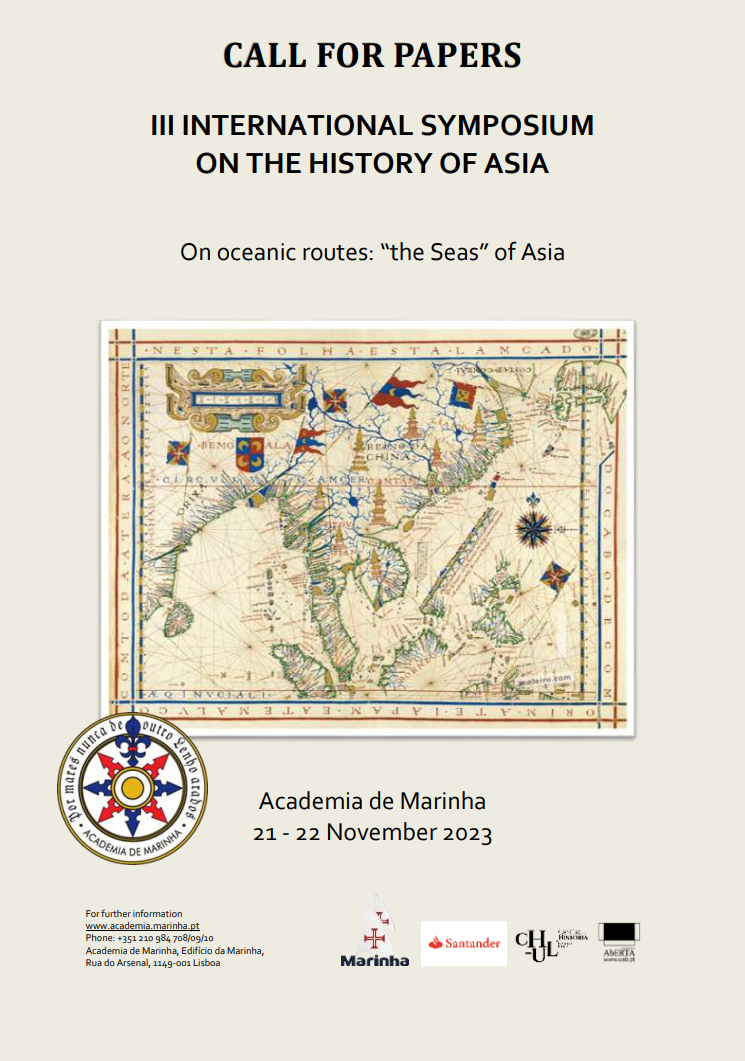


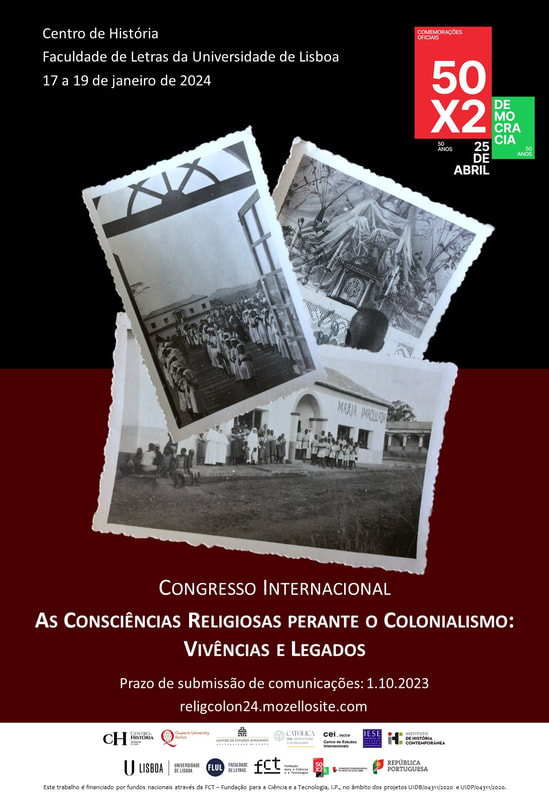




 Feed RSS
Feed RSS
